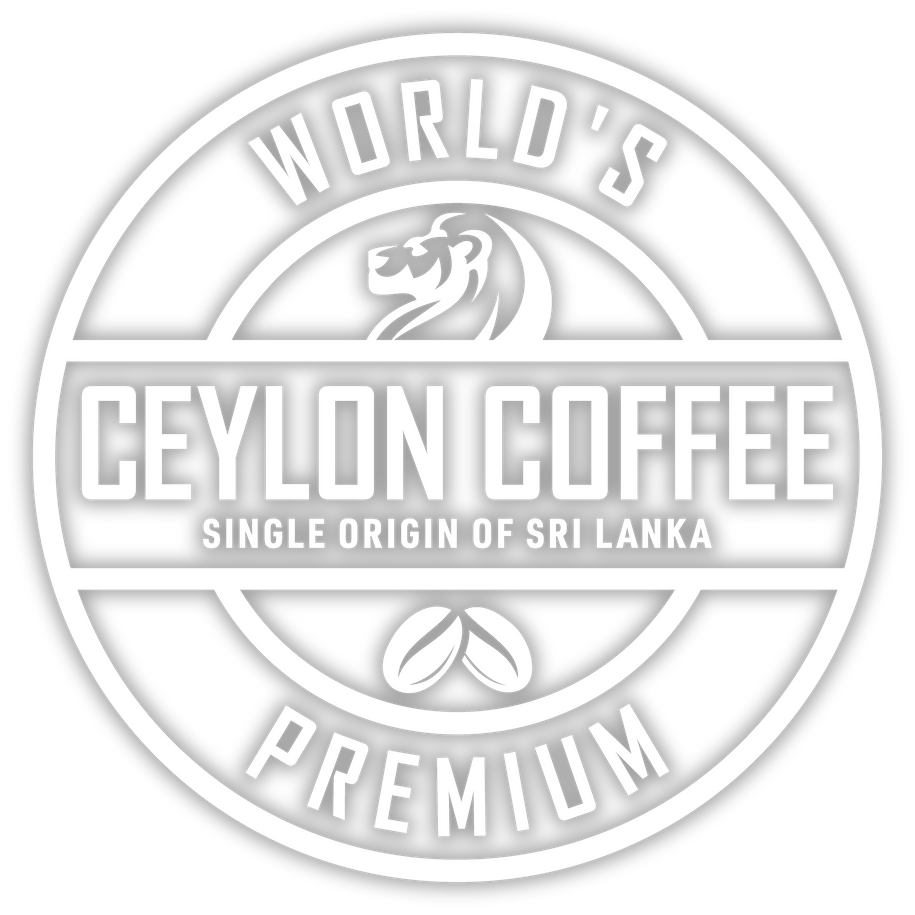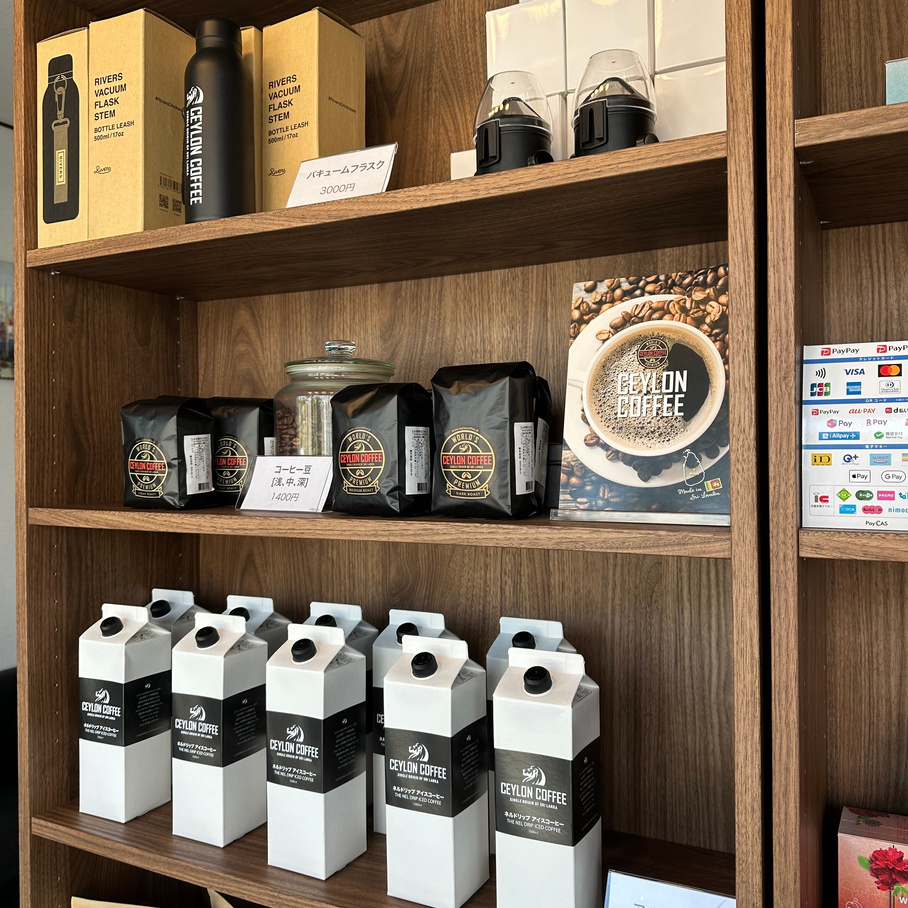水の時計
mizu no tokei
A charming coffee shop in Kurobe city is making waves by exporting its unique coffee-related products abroad. Hearing this, many might exclaim, "There's such a place in Kurobe?!" The shop, named "Mizu no Tokei," is operated by Kitayama Products Co. President Akira Kitayama envisioned selling their distinctive coffee not just in the capital area but also internationally back in 2015. This vision followed their selection for a regional resource fund project, prompting them to advance product development. They created a cold brew coffee, steeped for over 10 hours in Kurobe's renowned waters (known as Dutch coffee), and a cafe au lait based on this coffee. They also developed sweets like spicy treats and chocolate-covered coffee beans. The following year, they explored these creations' sales potential in the capital region and even visited Hong Kong to assess export possibilities.
"More people are enjoying coffee in China and South Korea, and the number of cafes is gradually increasing. Since Hong Kong has more British influence than mainland China or Korea, I thought
it would be a good place to start,"
said Kitayama shachou.
After returning from his inspection trip, Mr. Kitayama, with the support of the prefecture, participated in the "Hong Kong International Food Fair Food Expo 2016." A Hong Kong buyer with branches in Japan showed interest in their coffee, leading to test sales at premium food supermarkets. It's rare for a first-time exhibitor to develop
customer relationships so quickly. Seeing this as an opportunity, President Kitayama next participated
in the overseas buyer invitation business meeting
(2016 fiscal year), organized
cooperatively by Toyama, Gifu, and Nagano prefectures. He held discussions with buyers from five companies across four regions—Singapore,
Hong Kong, Vietnam, and Malaysia—and later conducted a test sale in a department store in Singapore.
Kitayama shachou, having actively participated in trade shows organized by governments, their agencies, and financial institutions, and having repeatedly engaged in negotiations with foreign buyers, shared his insights based on these experiences:
"One of the advantages of participating in overseas exhibitions and negotiation meetings with the support of public aid is that you don’t have to worry about interpretation. With an interpreter, you can accurately understand the transaction conditions right from the start.
A key point for me is whether the buyer has a business base in Japan. If they do,
it’s possible to leave the trade administration
to the buyer’s side. Since we operate with limited
personnel, such points are crucial for small and medium-sized enterprises to consider."


















